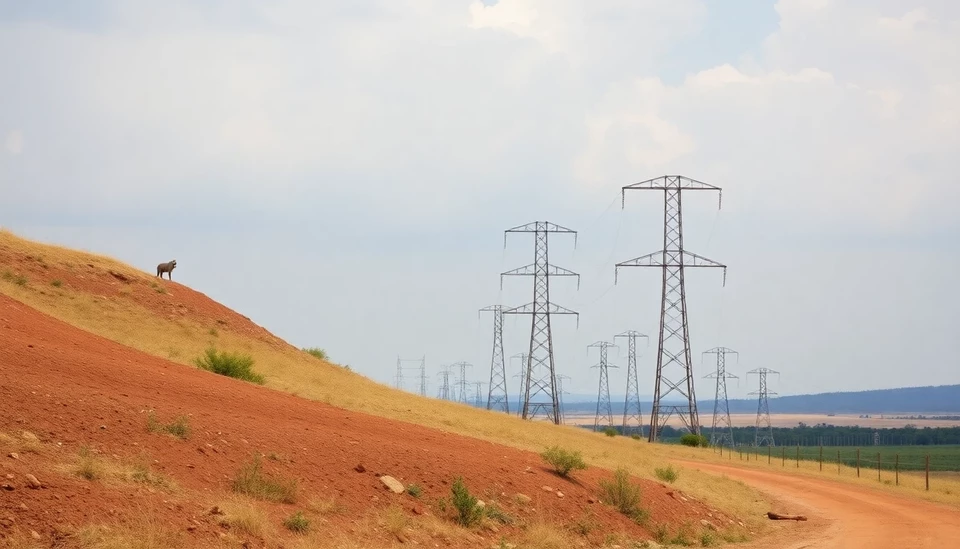
In a significant move that underscores the intricate dynamics of the port and logistics sector, Indian billionaire Gautam Adani, founder of the Adani Group, has announced the sale of one of his group's terminal operations in Australia to a subsidiary company managed by the Adani conglomerate itself. This strategic decision is seen as a pivotal maneuver aimed at consolidating operations and optimizing his business ventures in the region.
The terminal in question is part of the lucrative Abbot Point Coal Terminal, located in Queensland. This facility plays a critical role in shipping Australian coal to key international markets, including those in Asia. Adani's sale of the terminal to Adani Ports and SEZ Ltd. (APSEZ) for a substantial amount marks an interesting turn, especially considering the broader industry trends focused on sustainability and efficiency in logistics and shipping.
Reports indicate that the deal, valued at approximately $700 million, is expected to enhance operational synergies between Adani’s various business units while allowing for better capital allocation across the group’s expansive portfolio. As Adani navigates the pressures of both domestic and international markets, this sale could significantly bolster his company's position in global coal trading.
Industry analysts suggest that this transaction may also reflect Adani's strategic foresight in responding to shifting market dynamics, particularly as global energy consumption patterns are evolving. The coal industry is currently facing increased scrutiny over environmental impacts, leading many companies to reevaluate their business models in search of more sustainable practices.
Additionally, the decision to sell the terminal at Abbot Point could serve dual purposes; not only does it promise immediate financial liquidity, but it also signals a potential pivot towards diversification and a focus on enhancing the operational efficiency of existing assets. Following the transaction announcement, shares of Adani Ports reportedly experienced fluctuations, reflecting market optimism amid the backdrop of ongoing economic adjustments.
This bold move mirrors the broader aspirations of the Adani Group, which has been aggressively expanding its footprint across various sectors. From renewable energy to infrastructure and logistics, Adani's diverse interests illustrate a commitment to spearheading growth in strategically vital industries while adapting to evolving market needs and regulatory frameworks.
In light of this transition, observers are keenly watching how Adani will navigate potential challenges that accompany escalated scrutiny from stakeholders concerning environmental practices and corporate governance, particularly given the heightened focus on accountability in the coal sector.
As this story develops, further insights will emerge regarding the long-term implications of this transaction for not only Adani’s business empire but also the broader implications for the coal and logistics industries worldwide. Adani's ability to adapt and innovate will likely be critical in shaping his future endeavors.
In conclusion, Gautam Adani's sale of the Abbot Point terminal to his own company highlights an interesting intersection of strategic consolidation and market responsiveness. As the international landscape continues to evolve, this move may very well redefine competitive strategies within the port operations sector.
#Adani #Australia #CoalTerminal #BusinessStrategy #Logistics #AbbotPoint #Investment #Sustainability #MarketTrends #PortOperations
Author: Samuel Brooks




